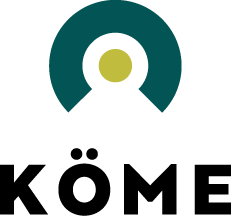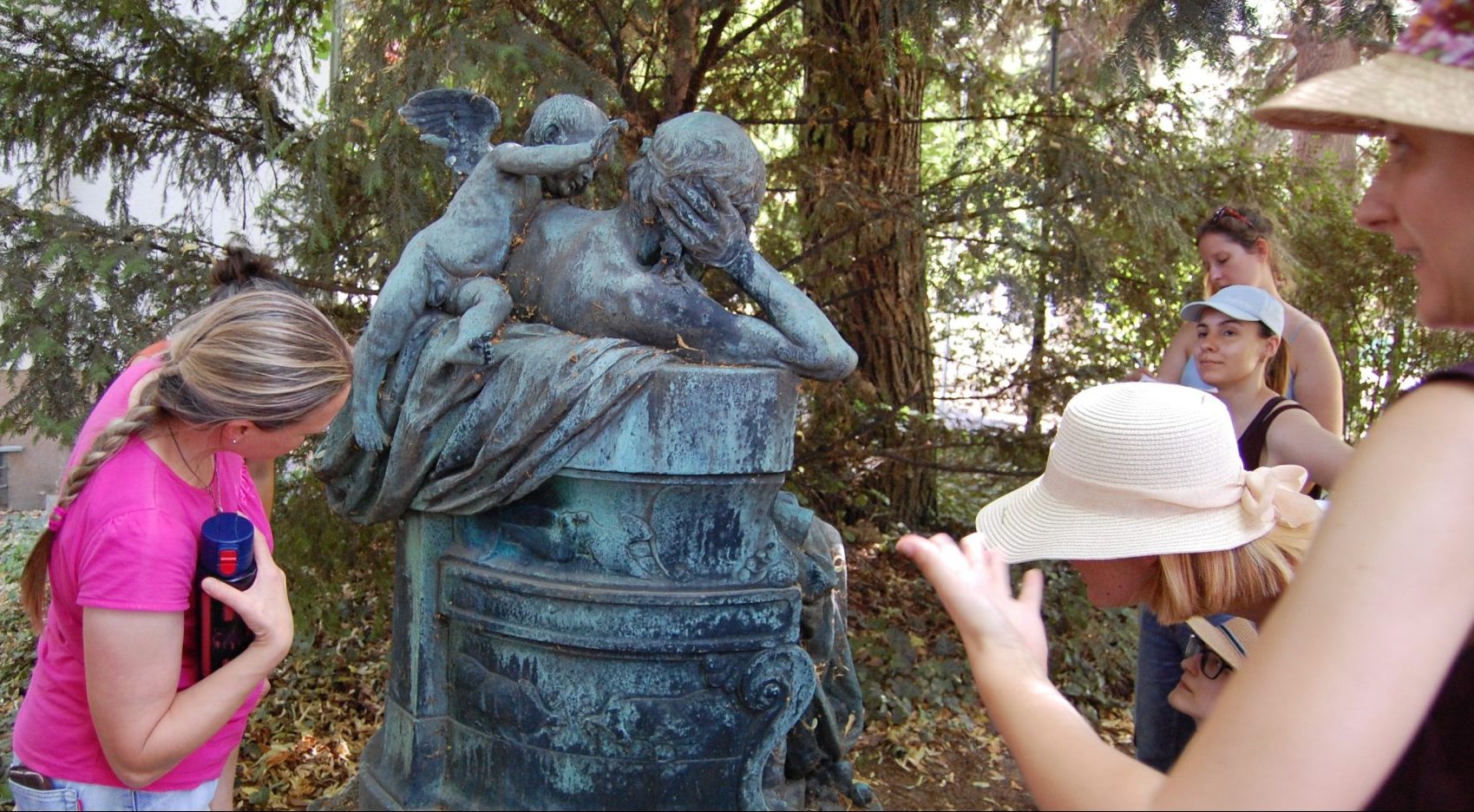Slovakian, Polish, Czech and Hungarian interpretation experts develop short-format trainings in close cooperation and test them with heritage professionals of the V4 countries connected to 4 topics within heritage interpretation to promote the interpretive approach and to make it accessible to more professionals in the heritage sector.
About the project
The project’s main aim is to develop and test four short-format heritage interpretation courses on guiding, exhibition planning, writing and live interpretation, in order to raise interest of those V4 professionals for whom the approach is new, or fulfill the needs of a professional community of the alumni Certified Interpret Europe training participants.
Development and test method
The development and test method is based on the partners’ co- creation and the exchange of their previous experience and what they gain in the pilots. This aspect together with the partly public final event would be a basis for a future professional community on both national and international levels. Each partner has extensive experience in different interpretive fields, which can be used for the benefit of the others. Using local heritage as the subject of the practical pilot courses will drive quality and focused tourism, impacting lives locally and internationally.
Milestones:
- common development of 4 trainings between partners in 2023
- testing and piloting the short-format trainings in 2023 and 2024
- sharing the experiences, evaluating the pilots and final dissemination event in Budapest in 2024
Idea behind Interpret Visegrád
The last few years projects in the natural and cultural heritage institutions (HIs) focused more on the development of infrastructure than on the presentation and content in Central-Eastern Europe as well as the V4. Also, the ICOM (International Council of Museums) new museum definition in 2022 emphasized interpretation as a separate activity from exhibiting, which is predestined to integrate into everyday museum practices worldwide.
However, great majority of professionals confessed their lack of knowledge regarding interpretation. Voices from the V4 confirmed the same and the membership numbers of the European Association for Heritage Interpretation (IE) indicates this tendency as well (27 Czech, 11 Hungarian, 20 Polish, 8 Slovakian compared to e.g. 134 in Croatia). There is still a lack of possibilities to participate in professional trainings, courses and non-academic learning paths in the region.
Due to the reasons mentioned above there is a demanding professional pool looking for possibilities to gain up-to-date and relevant knowledge that can be used in their everyday work.
Partners:
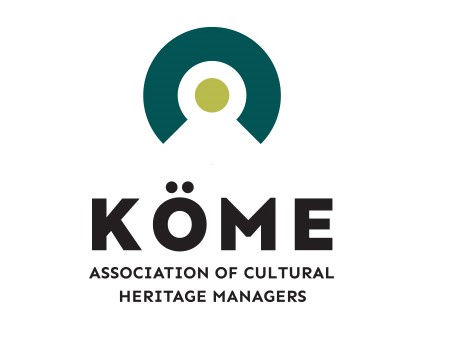 |
KÖME – Association of Cultural Heritage Managers, Hungary – www.heritagemanager.hu Address: Ilka utca 46. 1/3., Budapest, 1143, Hungary Contact person: Bőczén Árpád, president Contact: info@heritagemanager.hu, +36 203 659 954 |
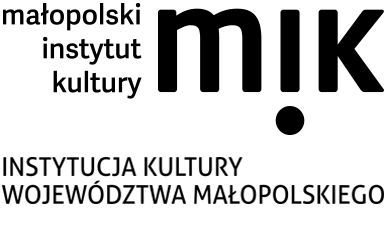 |
MIK – MALOPOLSKA INSTITUTE OF CULTURE IN KRAKOW, Poland – www.mik.krakow.pl Address: 28 lipca 1943 17 c, Kraków, 30-233, Poland Contact person: Joanna Hajduk Contact: hajduk@mik.krakow.pl, +48 124 221 884 |
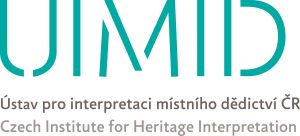 |
Ústav pro interpretaci místního dědictví ČR, z.ú. Czechia – www.dobrainterpretace.cz Address: Grymov 26, Grymov, 75121, Czech Republic Contact person: Michal Medek, director Contact: michal.medek@uimid.cz, +420 604 863 167 |
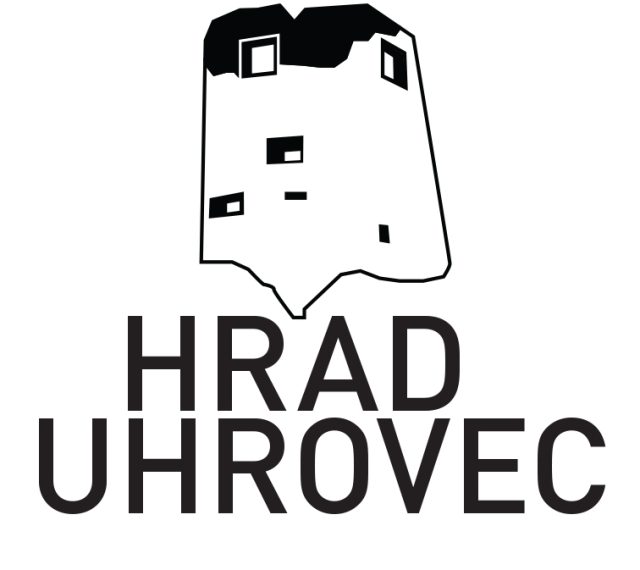 |
Občianske združenie Hrad Uhrovec, Slovakia – https://www.hraduhrovec.sk https://www.facebook.com/hraduhrovec Address: Stavbárska 24, Bratislava, 82107, Slovakia Contact person: Vladimír Žuffa, director Contact: voloda@hraduhrovec.sk, +421 910 441161 |
Previous works of the Interpret Visegrad partnership:
We developed 40 hours Interpret Europe certified trainings in our previous two successful small-scale projects supported by The Visegrad Fund:
Interpret Visegrad – Development of skills in heritage interpretation within the V4 countries in 2020 and
Development of Skills in Heritage Interpretation in 2018.
The developed trainings were absolute niche in all partner countries, but we recognised that the entry threshold for these long courses are considerably high due to the capacity problems of the institutions – that is the reason why we decided to address the issue with experimenting short-term trainings for heritage professionals.
